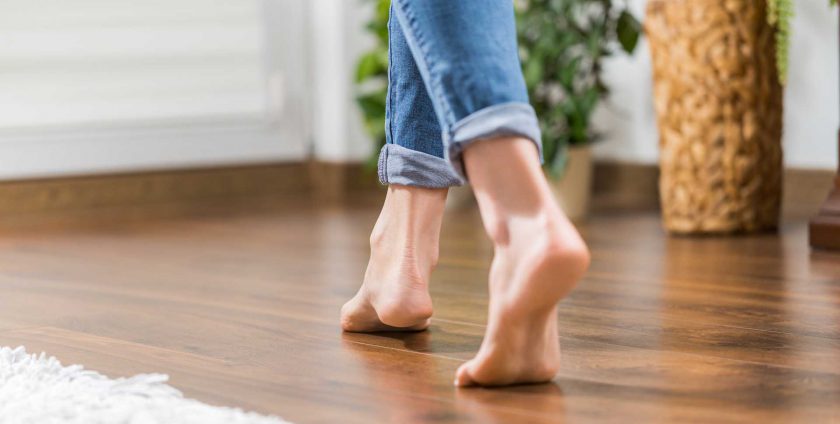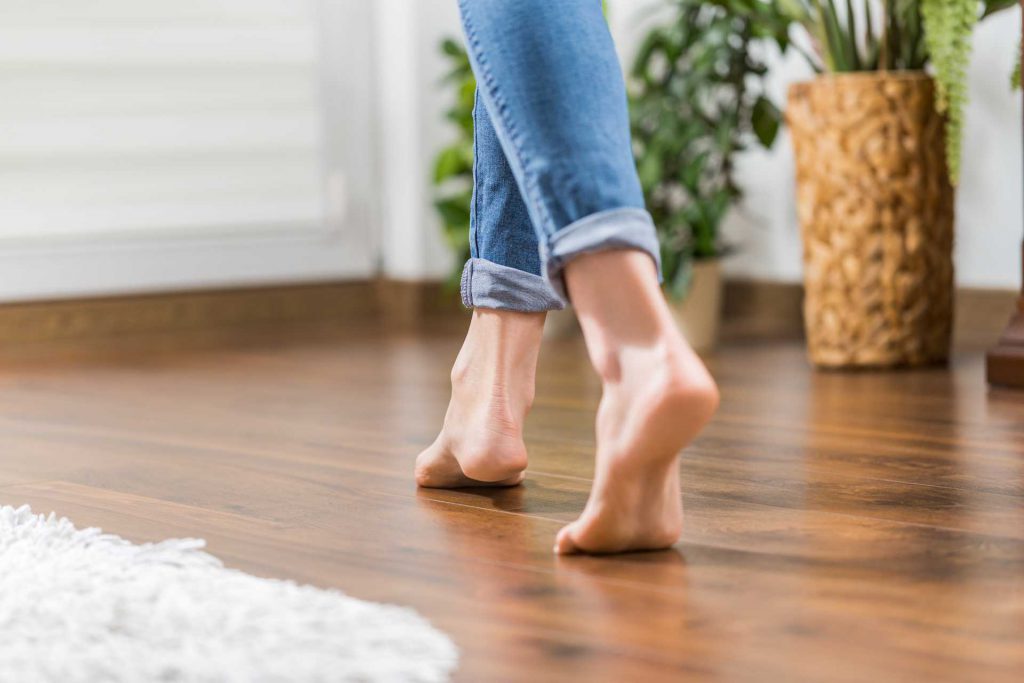
Exactly how Durable Is Engineered Hardwood Flooring?
Hardwood floors are an element that many people desire for their offices and stores. Hardwood flooring immediately improves the aesthetics of any space, simultaneously including durability, longevity, elegance, and easy up-keep. The demand for hardwood floors in today’s market has increased the variety of choices available, from varied wood species and finishes to different kinds of flooring itself.
One of the principal decisions is between solid or engineered hardwood flooring. Solid hardwood has been an option for years and most people are familiar with its durable properties. Engineered hardwoods are a newer product and therefore familiarity is less common. For this reason, those seeking a stable long-term investment for their offices and buildings may question the longevity of engineered hardwood flooring. If you seek flooring that can be laid in any space, even below grade, and that will weather years of high traffic and fluctuations in moisture level, engineered hardwood flooring is your best option.
Solid and Engineered Hardwood Construction
You are likely aware of the manner in which solid hardwood flooring is made. Each individual plank consists of a solid wood piece with the grain extending from one end to another. The possibility of solid hardwood floor refinishing, meaning you can sand and refinish it various times, is a long-term benefit of solid hardwoods. However, along with benefits come drawbacks. As this wood is a solid piece, it is not a candidate for hardwood floor installation below grade or in other areas with high moisture or humidity levels. These circumstances would cause the wood to expand with the moisture, possibly triggering warping or humping, requiring hardwood floor repair and replacement of the affected planks.
Engineered hardwood planks are constructed in a different manner. Although still made of wood, they are built of many different layers instead of one solid plank. Each layer faces a different direction than the next. For this reason, if the wood is exposed to moisture, it remains more stable and is unlikely to hump or warp in the way that solid hardwoods likely will. This means that an engineered hardwood floor will last significantly longer in areas where solid hardwood will not. Therefore, if you have a building that includes a basement level, and you seek the attractive appearance of hardwood, engineered hardwood flooring is an excellent choice over solid hardwood or laminate flooring. The top layer of each plank has a veneer of genuine hardwood. This veneer is made of the same hardwood used in traditional solid wood flooring, offering the same longevity, beauty, and grain.
A Long-Lasting Choice
Engineered hardwood flooring is comparatively durable – and in certain cases even more durable – as solid hardwood flooring Chicago. Available in a wide variety of wood species, finishes, and stains, you will encounter the engineered hardwood that meets your performance necessities in whatever space you plan to install it, and no matter what your building’s requirements may be. Consider contacting engineered hardwood flooring contractors today and installing engineered hardwoods in your retail location or office building to obtain an outstanding, durable flooring choice that suits your needs.
- By: admin
- Category: Uncategorized
- 0 comment







